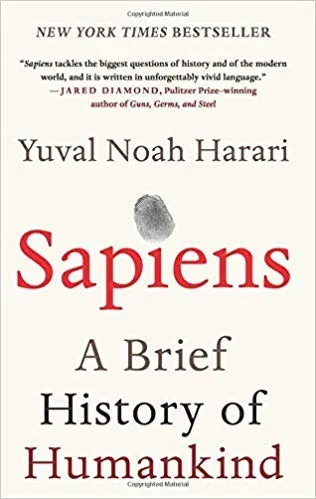
This list is curated from 30 mentions and sorted by most mentioned, then by date of most recent mention. The more a book is mentioned, the more likely it's recommended and a favorite!
Help us get a small commission and support our site by using this link to buy the book.







